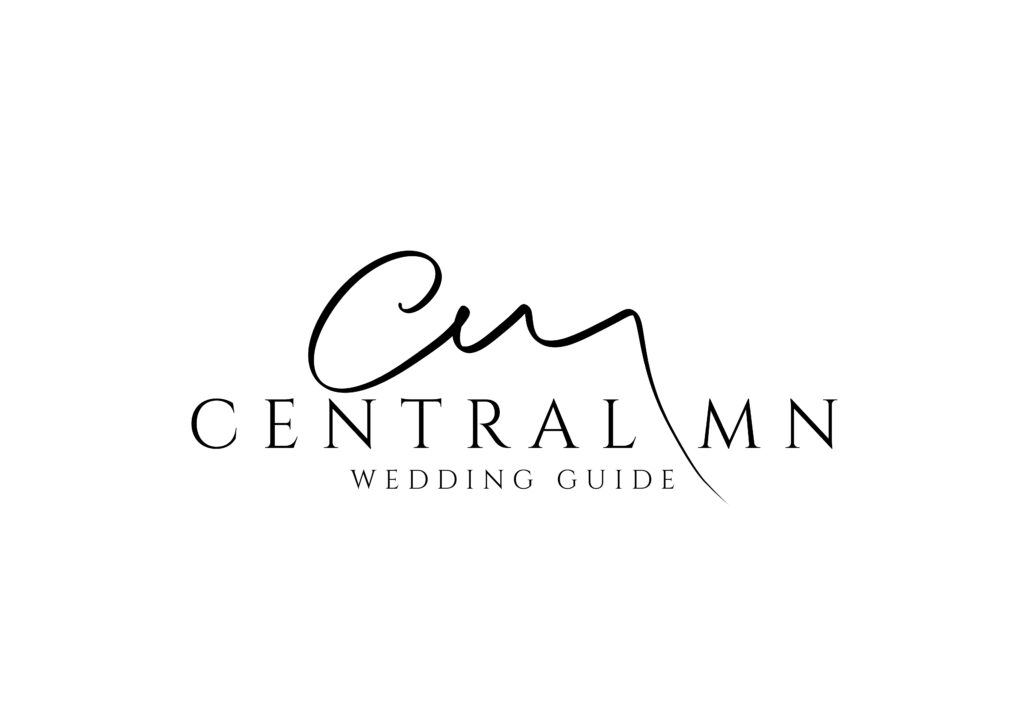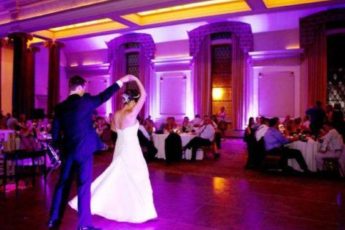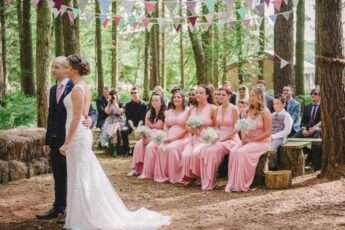Introduction
Planning a wedding involves countless details, and one of the most critical components is the entertainment—particularly the DJ. A wedding DJ provides the music that sets the mood and plays a vital role in keeping the event flowing smoothly. To ensure that your big day goes off without a hitch, you need to have several key discussions with your wedding DJ. This article outlines the top five key topics to cover with your wedding DJ, ensuring you and your DJ are on the same page, leading to an unforgettable celebration.
1. Music Preferences
Music is the heartbeat of any wedding reception, and you want to make certain that your DJ understands your specific tastes and expectations. Start by discussing your favorite genres and the overall vibe you envision for your event. Whether you’re leaning towards classical, pop, rock, or a mix, clarity on your preferences will help your DJ curate a playlist that resonates with you and your guests.
Discuss Your Favorite Genres
While certain genres may be universally enjoyed, every couple has unique musical tastes. Share your preferences openly, and encourage your DJ to ask questions about the types of music that make you feel happiest. Additionally, consider the demographic make-up of your guest list; the DJ might suggest genres that appeal to different age groups, blending your favorites with tracks that will engage all attendees.
Specific Songs for Key Moments
It’s essential to pinpoint specific songs for important moments, such as your first dance, father-daughter dance, and cake-cutting. These songs hold sentimental value and often evoke strong emotions, so providing a list of your preferred tracks will help the DJ set the right tone. Be sure to communicate any special lyrics or themes that resonate with you, as this will guide the DJ in selecting the perfect songs.
Do-Not-Play List
Equally important as the songs you want to hear is having a do-not-play list. This list should include tracks or genres that you dislike or believe would be inappropriate for your wedding. Clearly articulating these preferences prevents awkward moments and ensures that the music aligns with the atmosphere you wish to create.
2. Schedule and Timeline
A well-structured timeline is key to a successful wedding reception. Discussing the schedule with your DJ helps ensure that all activities flow seamlessly. You should cover the start and end times, as well as any other important events that the DJ will need to be aware of throughout the evening.
Start and End Times
Your DJ should be aware of when their services are required, including setup time before the guests arrive. Confirming the start and end times allows the DJ to plan accordingly, ensuring that everything is in place for the evening’s festivities. If there are any specific time constraints that may affect the event, discussing these in advance will help the DJ manage the timeline effectively.
Key Moments to Coordinate
In addition to the overall timeline, identifying key moments during the reception is vital. Discuss when to announce the newlyweds, when to begin the first dance, and any other special traditions you intend to incorporate. When the DJ knows when these moments will occur, they can prepare in advance and coordinate with other vendors, such as photographers or videographers, to capture these milestone events optimally.
Breaks and Downtime
During a wedding reception, there will be moments when music might not be playing, such as during speeches or dinner service. Discuss how to handle these transitions with your DJ. Will there be background music during dinner? How will the DJ signal downtime? Setting expectations for these moments ensures that the ambiance remains pleasant and engaging throughout the event.
3. Equipment and Setup
The success of your wedding DJ heavily relies on the equipment they use. Discussing the technical aspects of the setup can help you understand what to expect on your big day. Knowledge of sound system requirements, lighting options, and backup plans will give you peace of mind and ensure a flawless performance.
Sound System Requirements
Inquire about the type of sound system the DJ utilizes and whether it is suitable for your venue. Factors such as room size and acoustics can affect sound quality. Your DJ should be able to provide guidance on what equipment will be needed, including speakers, microphones, and mixers. If you are hosting an outdoor wedding, discuss the necessity of additional sound equipment to ensure that all guests can hear the music and announcements clearly.
Lighting Options
Lighting can have a dramatic impact on the mood and aesthetics of your reception. Discuss various lighting options with your DJ, such as dance floor lighting, uplighting, and ambient lights. A well-lit dance floor encourages guests to hit the dance floor, enhancing the overall energy of the celebration. Understanding the lighting setup allows you to visualize your venue transformed for the event.
Backup Equipment Plans
Technical difficulties can happen, so it’s wise to discuss backup plans. Ask the DJ if they have extra equipment on hand in case of malfunctions. Knowing that your DJ has contingency plans for sound failure or other technical issues will provide reassurance and help you feel more at ease as you approach your wedding day.
4. Interaction with Guests
A good wedding DJ does more than just play music; they also engage with guests and facilitate the event’s flow. It’s crucial to discuss the level of interaction you expect from your DJ, as this can vary significantly from one couple to another.
MC Duties and Announcements
Find out if your DJ will take on the role of Master of Ceremonies (MC). Discuss how much direction you want to provide regarding announcements, speeches, and other interactions. Some couples prefer minimal announcements and a more relaxed atmosphere, while others appreciate a DJ who actively engages with guests. Sharing your vision helps the DJ tailor their approach to suit your preferences.
Guest Requests Policy
Understanding the DJ’s policy on guest song requests is important. Will they accept requests from guests during the reception? If so, how will they manage these requests to ensure they align with your musical preferences? Establishing a clear policy can help maintain the atmosphere you want, while still allowing guests to feel included and engaged in the celebration.
Engagement with the Crowd
Finally, discuss how the DJ plans to engage with the crowd. It can range from simple interactions to more elaborate crowd participation activities. A DJ who knows how to read the room and adapt their engagement level can significantly elevate the party atmosphere and ensure that your guests have a memorable experience.
5. Policies and Contracts
Like any vendor, it’s crucial to review the DJ’s policies and contract terms to avoid any surprises. Transparency in this area can alleviate a lot of stress as your wedding day approaches.
Payment Terms and Deposits
Discuss the payment structure with your DJ, including the deposits needed to secure their services. Understand what is included in the quoted price and if there are any additional fees for equipment or special requests. Having this information upfront will help you budget effectively and avoid any misunderstandings.
Cancellations and Refunds
Cancellations can happen for a variety of reasons, so it’s wise to inquire about the DJ’s cancellation policy. Understand what is required if you need to cancel or reschedule and what terms apply for refunds on deposits. This knowledge protects you financially and provides peace of mind as your wedding date approaches.
Liability Insurance
Lastly, check whether the DJ carries liability insurance. Many venues require proof of insurance for vendors, and having this coverage can protect both you and the DJ in case of accidents or unforeseen incidents. Requesting to see a copy of their policy is a reasonable request and ensures that you’re working with a professional who takes their responsibilities seriously.
Conclusion
Choosing the right DJ for your wedding can significantly impact the overall experience of your special day. By discussing music preferences, timeline, equipment, guest interaction, and contractual policies with your DJ, you set the groundwork for a successful collaboration. These conversations not only help to clarify expectations but also allow you to tailor the DJ’s performance to fit your unique vision for your wedding.
FAQs
What is the average cost of a wedding DJ?
The average cost for a wedding DJ can vary widely based on factors like experience, location, and the services included. Typically, couples can expect to pay anywhere from $1,000 to $3,000 for professional DJ services.
How long should we book a DJ for our wedding?
Most couples book their DJ for a minimum of 4 to 6 hours, which usually covers the ceremony, cocktail hour, and reception. Be sure to discuss the timeline based on your specific wedding plans.
Should we provide the DJ with a meal?
It is customary to provide a meal for your DJ, especially if they are working for several hours. Discuss this with your catering team to ensure there are no issues on the day.
Can we meet the DJ before our wedding day?
Absolutely! Meeting the DJ allows you to discuss preferences in detail and build rapport. Many DJs welcome meetings or phone calls in advance to ensure they understand your vision.
What if we change our mind about song choices?
It’s entirely normal to reconsider song choices as your wedding date approaches. Keep an open line of communication with your DJ, and they will work with you to adjust your playlist as needed.



